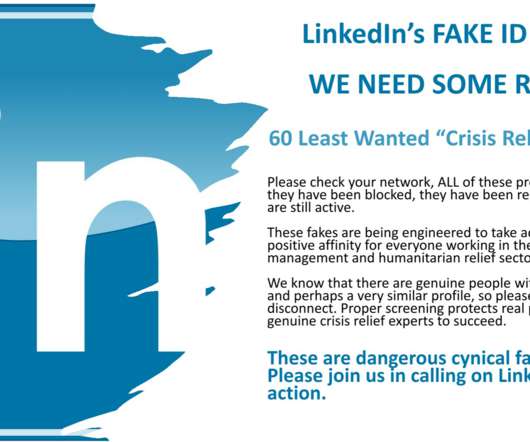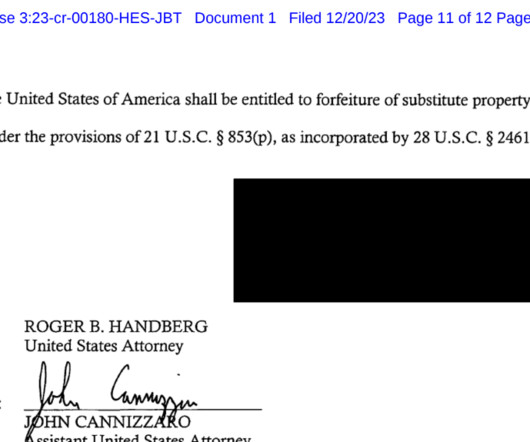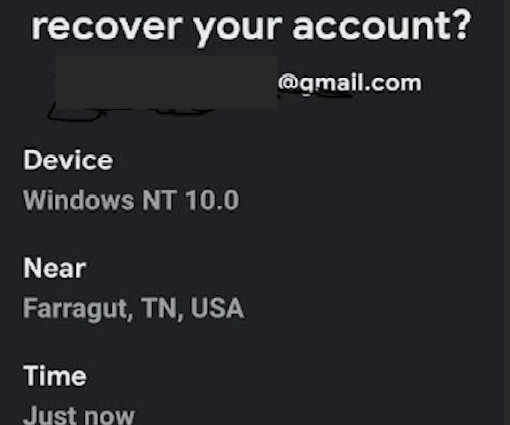Booking.com Phishers May Leave You With Reservations
Krebs on Security
NOVEMBER 1, 2024
Booking.com said it now requires 2FA , which forces partners to provide a one-time passcode from a mobile authentication app (Pulse) in addition to a username and password. .” The phony booking.com website generated by visiting the link in the text message. SecureWorks said these attacks had been going on since at least March 2023.












Let's personalize your content